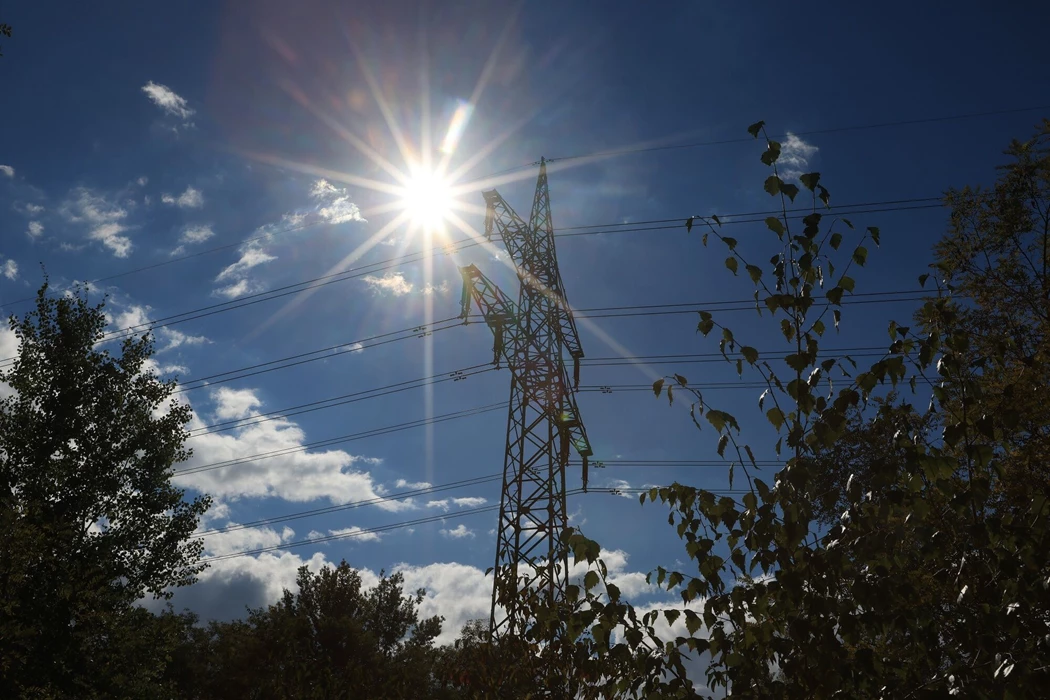No End in Sight for Drop in European Power Demand, IEA Says
(Bloomberg) -- Power demand in Europe looks set to drop to the lowest level in more than two decades as industrial production cuts appear increasingly permanent.
Heavy industry shut down across the continent due to high energy prices, bringing demand significantly lower in the first half of the year, the International Energy Agency said Wednesday. It also warned of a rising strain on power grids from needing to cool buildings during times of surging summer temperatures.
“The competitiveness of European energy-intensive industry is threatened by high energy costs,” the IEA said in its report. “There is no easy path forward.”
The IEA’s strong words come as European industries make key decisions about their long-term future in the face of higher energy prices, but demand for power is increasing around the world as electrification continues to rise. While European wholesale costs have dropped this year, major manufacturers are still evaluating where to expand or move production.
Electricity demand in the European Union is set to drop this year by 3% to levels last seen in 2002. Usage is also predicted to fall in the US and Japan, though the global picture will vary depending on changes in the economic outlook.
The IEA cited plant closures by chemicals giant BASF SE and Volkswagen AG’s paused plans for a battery plant in Eastern Europe among a swath of abandoned or curtailed expansion plans by industry. EU business bankruptcies also jumped to the highest since at least 2015, it said.
The EU could increase state aid or increase energy price subsidies, but that may burden consumers and taxpayers, according to the IEA. Another option is to ramp up renewable and decarbonization efforts to fuel greener heavy industry, though that may come with heavy upfront costs. The IEA expects that renewables’ share of global power generation will exceed one-third by 2024.
Higher record temperatures are also putting additional strain on grids, increasing the likelihood of forced power cuts, the report said. Extreme heat is set to intensify this week as temperatures reach as high as 47C (117F) in Italy and wildfires rage in Greece.
©2023 Bloomberg L.P.





